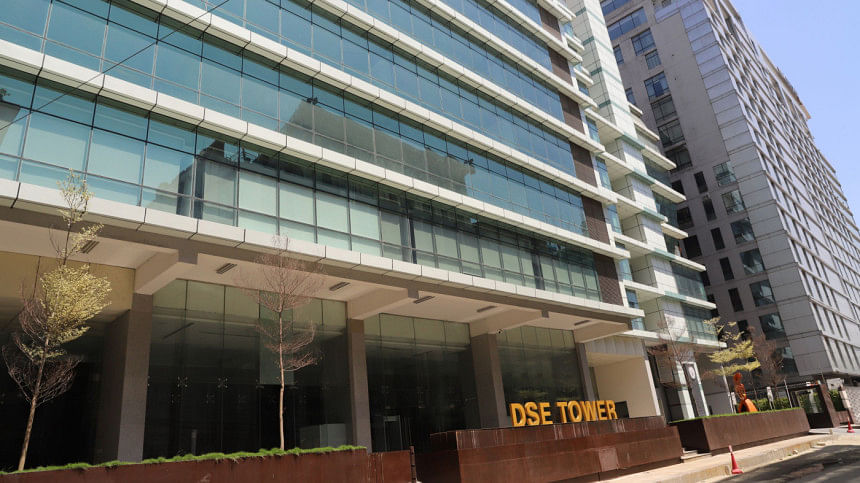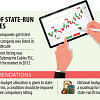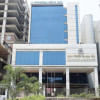Stock market not lucrative in long run

Bangladesh's stock market is profitable in the short-run, but not lucrative for the long-term, according to research conducted by a professor of Dhaka University.
Abul Bashar Md Omor Faruque, assistant professor of the development studies department of Dhaka University, found out that investors in the country's stock market earned profits in the short-term and incurred losses in the long-run.
"We observed an unusual pattern about the short-and-long-term performance of initial public offerings in the local stock market," he said.
Despite being a risky instrument, the stock market was not lucrative enough like the banking sector, Bashar added while presenting the paper during a session of the First Development Studies International Conference Dhaka.
The department of development studies of Dhaka University and Bangla daily Bonik Barta jointly organised the event at Pan Pacific Sonargaon yesterday.
The teacher said the yearly market return of holding a portfolio comprising the DS30 stocks was a modest 4.92 percent from February 3 of 2013 to May 30 of 2022, assuming annual compounding and excluding dividend payment.
During this period, fixed deposits in banks typically yielded returns ranging from 6 percent to 8 percent per annum, he said.
Therefore, the market return of the DS30 portfolio -- not accounting for dividend payment -- falls short of the risk-free interest rate, failing to reflect the actual risk premium associated with equity investments, he added.
MA Razzaque, research director of the Policy Research Institute of Bangladesh, said he invested in the stock market and kept the fund for a long time considering "it is a test match case in the abroad".
However, he incurred losses and felt at last that it is a T20 type investment place. "This feeling just came out through the research," Razzaque added.
The research paper findings showed that manipulation prevails in both the primary and secondary markets, said Prof Mustafizur Rahman, a distinguished fellow of the Centre for Policy Dialogue.
The equity investment is risky so its return should have been higher, but it is not higher than that of bank deposits, he said.
Moreover, the interest rate in the banking sector is rising now, which will dissuade people to invest in the stock market, Rahman added.

 For all latest news, follow The Daily Star's Google News channel.
For all latest news, follow The Daily Star's Google News channel. 








Comments